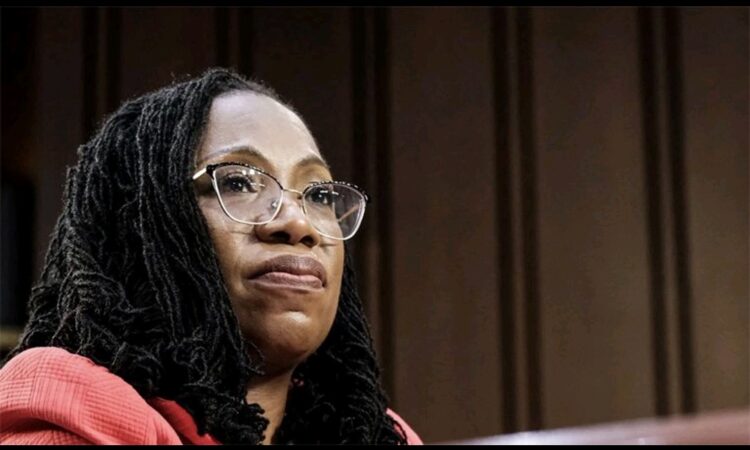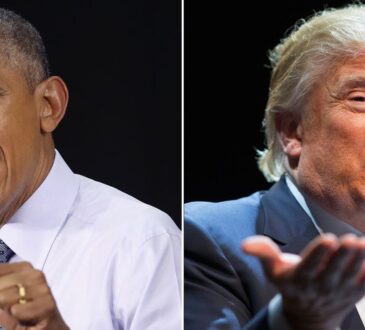
Judge Ketanji Brown Jackson spoke during her confirmation hearing for the U.S. Supreme Court before the Senate Judiciary Committee in Washington on March 22, 2022.
Later, as a Supreme Court Justice, she wrote a strong disagreement after the Court made a ruling that she criticized as being done in a rushed and careless way — something like a quick note scribbled on the back of a napkin.
The Supreme Court, by a 6–3 vote, overturned a lower court’s decision that had stopped former President Donald Trump’s executive order. That order required transgender people to use only the gender they were assigned at birth when applying for passports.
In her written dissent, Justice Jackson said that it was becoming common for the government to ask for emergency actions from the Court to stop lower court rulings. She said the Court was misunderstanding its role in such cases. She explained that their job was not to simply guess which side had the better argument, but to decide carefully whether the request for emergency action truly deserved the Court’s involvement.
She went on to explain that when the Court considers such requests, it must look at several things — whether the party asking for the emergency action is likely to win in the end, whether they would be seriously harmed without the Court’s help, and how much harm might come to others or to the public depending on what the Court decides.
Justice Jackson pointed out that the Court should balance these harms carefully. On one side, there is the government, which might face some delay if its policy can’t go forward right away. On the other side, there are real people — transgender Americans — who could suffer direct harm from being forced to follow a policy that may not even be lawful. She stressed that this kind of balancing helps prevent unnecessary harm to people who may have valid legal rights.
Jackson reminded everyone that for more than three decades, transgender Americans had been able to get passports that matched their lived gender identity, as long as they provided a doctor’s certification. That changed under the Trump administration, which ended that long-standing practice. She emphasized that what matters most for identification is a person’s gender identity as it exists now — not what was assigned to them at birth.
Because of the Trump policy, transgender people would now face extra questioning and scrutiny if their passport sex marker didn’t match their gender, Jackson explained. She said this was the direct result of President Trump’s executive order, issued just two days before, which claimed that being transgender was “false” and “harmful” to American society. That order declared that the U.S. government would only recognize two sexes — male and female — defined by the sex assigned “at conception.”




